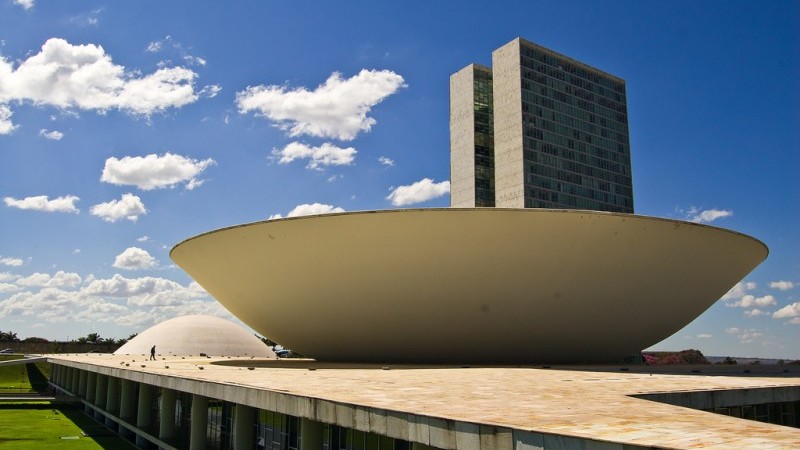The world is watching Brazil fight the “longest recession in a century, the biggest bribery scandal in history, the most unpopular leader in living memory,” and that’s not even counting the Zika virus epidemic.
Equally important are new official estimates on greenhouse gases emissions. They show that emissions from land use were 28% higher than previously estimated for the year 2005.
That affects not only the numbers from the past, but also the country’s commitments for the future. Brazil used 2005 as the baseline for emissions targets: a 37% cut by 2025 and 43% by 2030.
If Brazil uses the new reference data without changing the targets, virtually no mitigation action is needed. So will it review its climate pledge?
Analysis: Brazil climate plan on standby as Rousseff totters
An official report publicly disclosed by the Ministry of Science and Technology last week – and submitted to the UN climate body on 20 April – reveals in 2005, when deforestation in Brazil was at its height, emissions were about 2.73 billion tons of CO2 equivalent.
The climate pledge submitted in 2015 towards the Paris Agreement used data from an old inventory, which estimated 2.1 billion tons of CO2e in 2005.
Brazil should not be embarrassed by improving its climate data. On the contrary, all countries are relying on review processes to make better climate-related decisions.
But had the government properly consulted civil society, it could have addressed the implications sooner.
Analysis: Meet the climate sleuths keeping carbon reporting honest
The new data was available when the UN submission was being formulated. It had been through public consultations and was in the hands of public officials.
By delaying the disclosure of the new inventory and ignoring its relevance to the target-setting process, the government lost an opportunity to generate confidence on its decisions.
This desperately calls for a review of the South American heavyweight’s ambitions and actions to correct this discrepancy between the numbers presented in its UN submission last year and the target’s actual meaning.
One option is to take the forecast absolute emissions cuts as a target instead of the percentage reduction. Included in the pledge “for clarification purposes only”, these numbers were 1.3 billion tons of CO2 by 2025 and 1.16 billion tons by 2030.
Study: No need to destroy forests to feed growing population
What does the government lose from this? It may have to give more space to the team responsible for the newest inventory in policy making. This will certainly face resistance from an older generation of scientists and policymakers, used to the old methods and old ways of doing policy.
What does Brazil gain from it? It shows a genuine commitment to environmental integrity, giving confidence to its citizens and the international community.
This moment also presents an excellent opportunity for Brazil to nurture relations between science and policy in the climate agenda.
Brasilia should update its communication to the UN climate body as soon as possible, to avoid further confusion.
Natalie Unterstell is a former Brazilian climate negotiator and currently Louis Bacon Environmental Leadership fellow at the Harvard Kennedy School of Government
